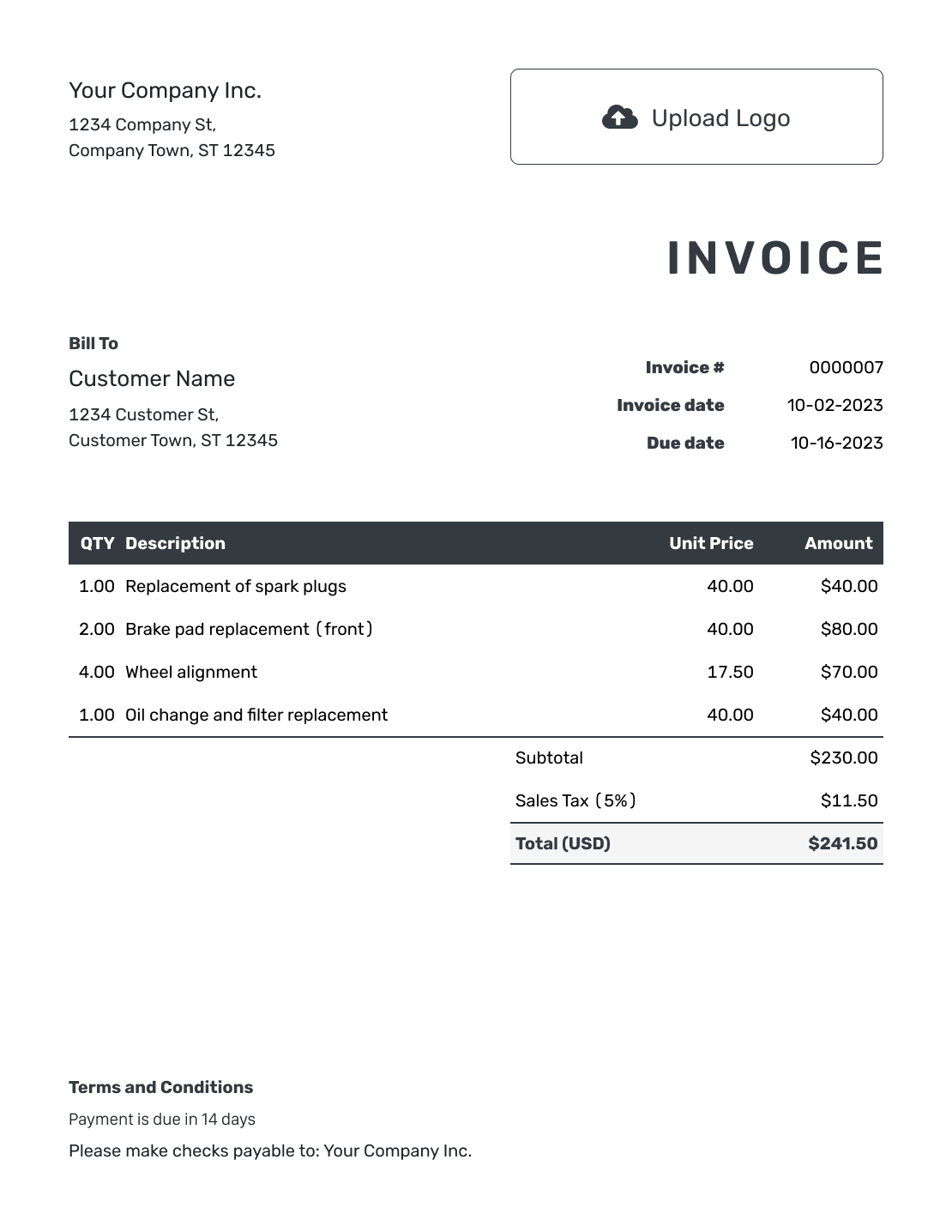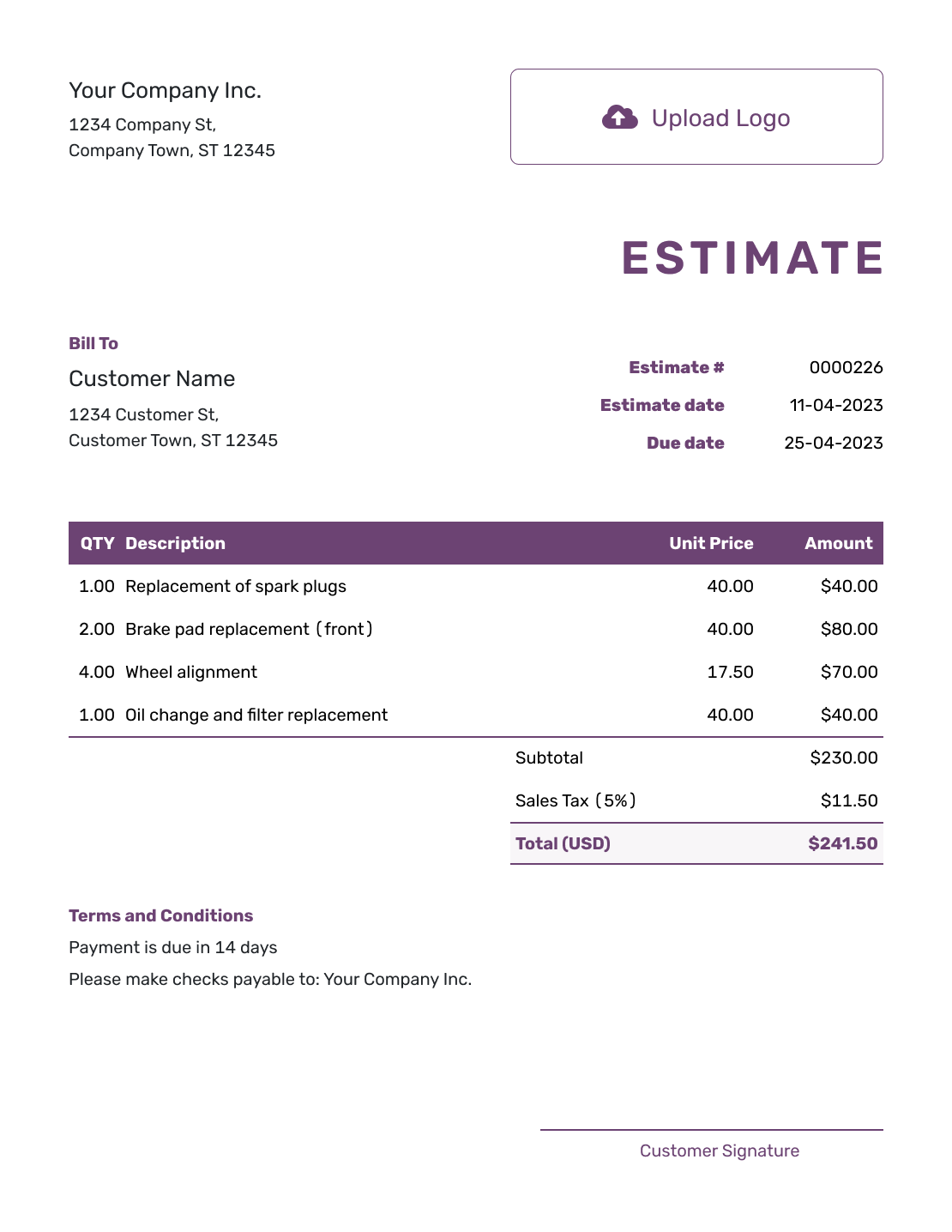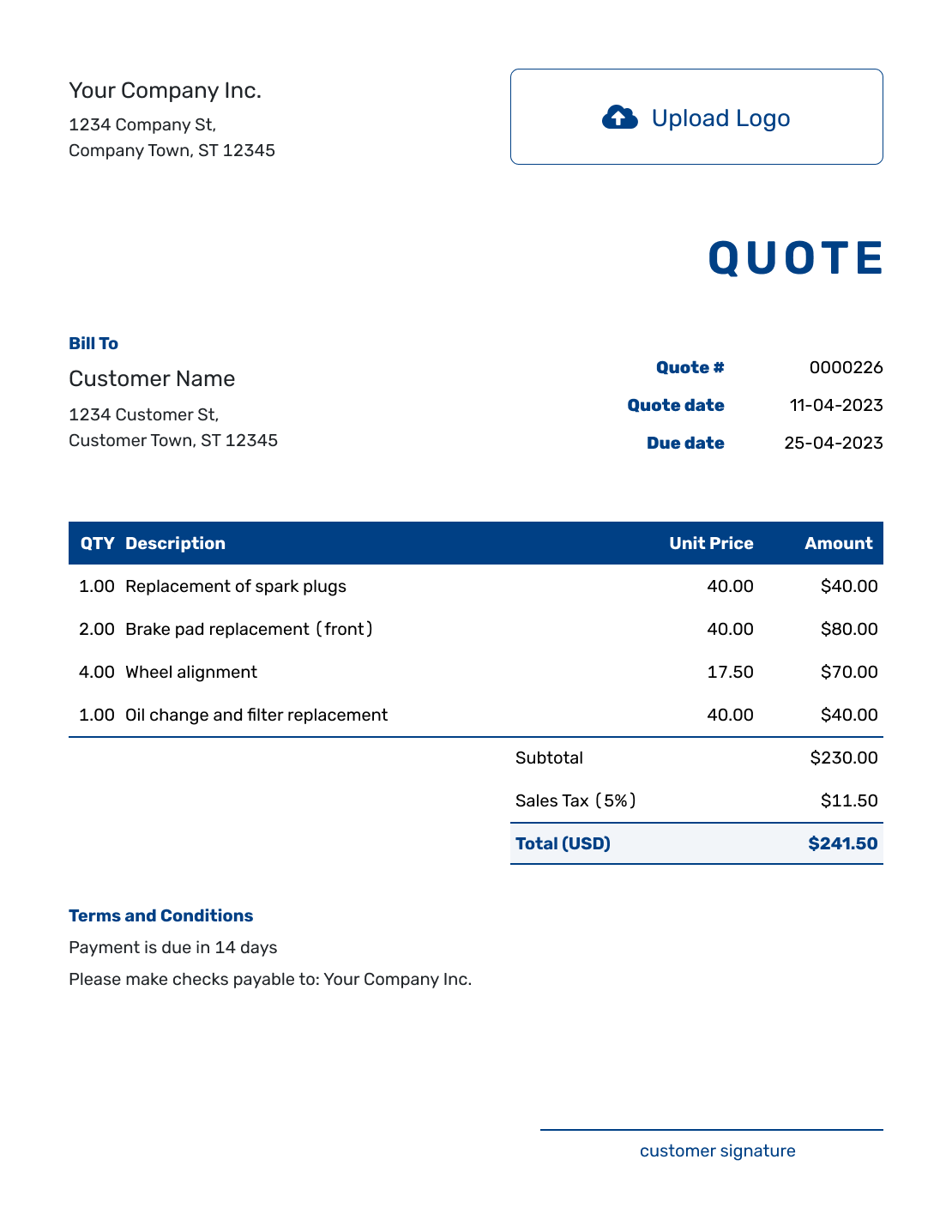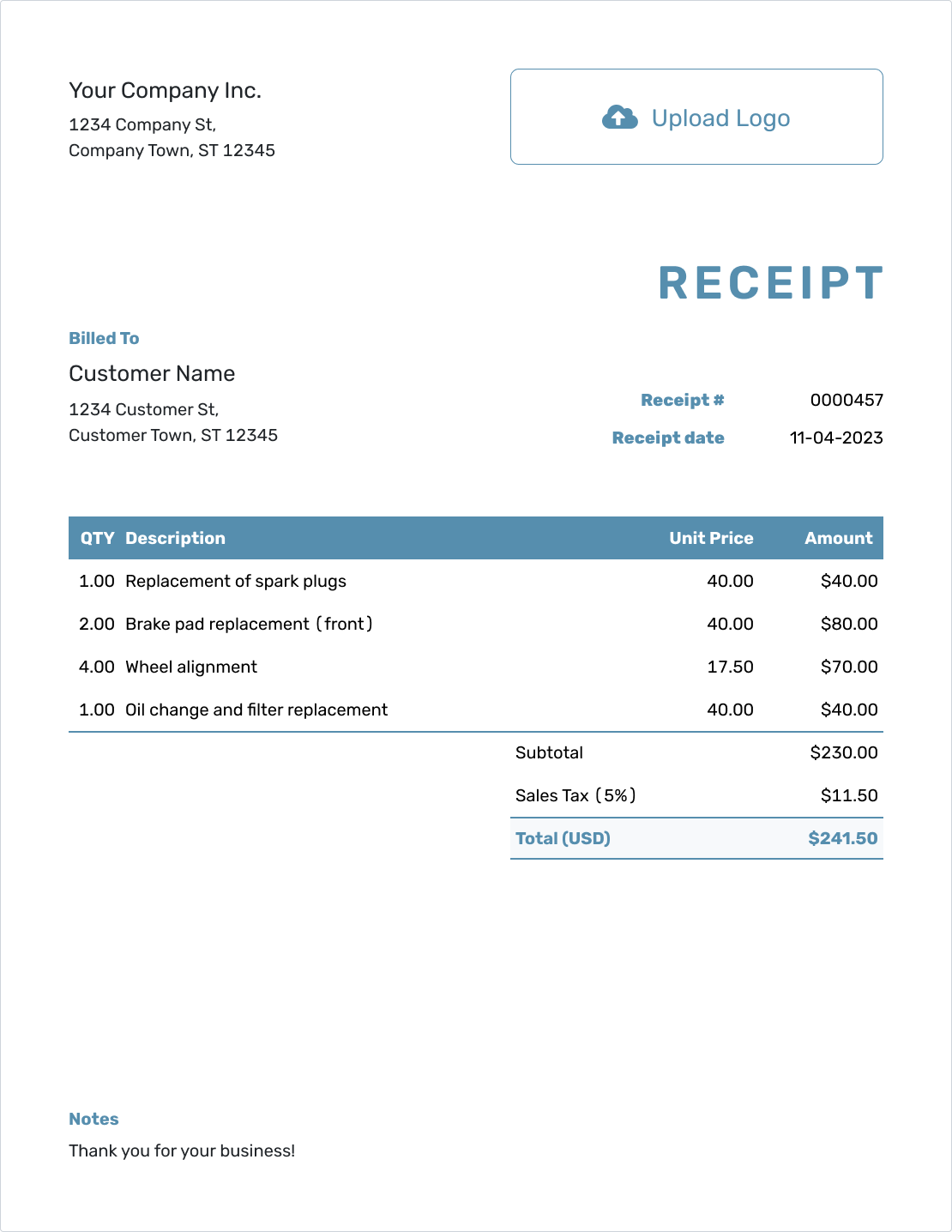Making Smart Decisions
Choosing the Right Business Structure
Est. reading time: 10 min

Choosing the right business structure is one of the most important decisions you'll make as a service professional. Whether you're a carpenter, caterer, or snow removal specialist, the structure you choose can impact your taxes, personal liability, and paperwork requirements.
Why Your Business Structure Matters
Your business structure determines how you're taxed, the amount of paperwork you need, and your personal legal responsibility for debts or lawsuits. For service-based businesses, it's essential to pick the structure that aligns with your goals and work style.
Let's dive into three popular options: sole proprietorship, LLC, and partnership, with examples tailored for service professionals.
Sole Proprietorship
A sole proprietorship is the simplest and most common structure for small business owners. If you're running your business solo—whether as a painter or an auto repair specialist—this could be the easiest way to start.
Pros:
- Simple setup with minimal paperwork.
- Low costs compared to other structures.
- You control everything about your business.
Cons:
- You're personally responsible for all debts and legal liabilities.
- Your personal and business finances are not separated.
Example:
A tree trimmer operating alone with a handful of local clients might choose a sole proprietorship for its simplicity. But if accidents happen, like a tree damaging a house, their personal assets could be at risk.
Limited Liability Company (LLC)
An LLC is a flexible structure that offers legal protection for your personal assets. It's a popular choice for small businesses because it combines the simplicity of a sole proprietorship with added legal benefits.
Pros:
- Your personal assets are protected from business debts.
- Fewer formalities compared to corporations.
- Flexible tax options (choose to be taxed as a sole proprietor, partnership, or corporation).
Cons:
- More paperwork and costs than a sole proprietorship.
- Annual fees and reports may be required in your state.
Example:
A water damage restoration specialist with multiple employees might set up an LLC. This protects their personal assets if they're sued over incomplete repairs or damage caused during work.
Partnership
A partnership is a good option if you're teaming up with one or more people to run the business. This structure allows you to pool resources, share responsibilities, and split profits.
Pros:
- Easy to start with shared decision-making.
- Each partner brings unique skills or resources.
- Pass-through taxation means the business doesn’t pay taxes; profits go to the partners.
Cons:
- All partners are personally liable for business debts.
- Disputes between partners can create challenges.
Example:
Two towing company operators team up to expand their services. While a partnership works well initially, disagreements about revenue sharing could lead to complications.
How to Decide on Your Business Structure
Consider these questions before choosing:
- Are you working alone or with others? A sole proprietorship works for solo ventures, while partnerships or LLCs are better for teams.
- Do you need to protect personal assets? If so, an LLC offers valuable protection.
- How much paperwork are you willing to handle? Sole proprietorships require less, but LLCs and partnerships might need more time and money to maintain.
Still unsure? Consulting a business attorney or accountant can help you weigh the pros and cons for your specific situation.
How Docelf Helps
No matter your business structure, Docelf makes it easy to manage your invoicing and client communications. With our tools, you can:
- Create Branded Invoices: Customize templates to reflect your professional image.
- Organize Your Services: Keep track of your service offerings, prices, and client payments in one place.
- Track Overdue Payments: Stay on top of invoices and ensure you get paid promptly.
Ready to simplify your business operations? Try Docelf today and focus on growing your service business!




